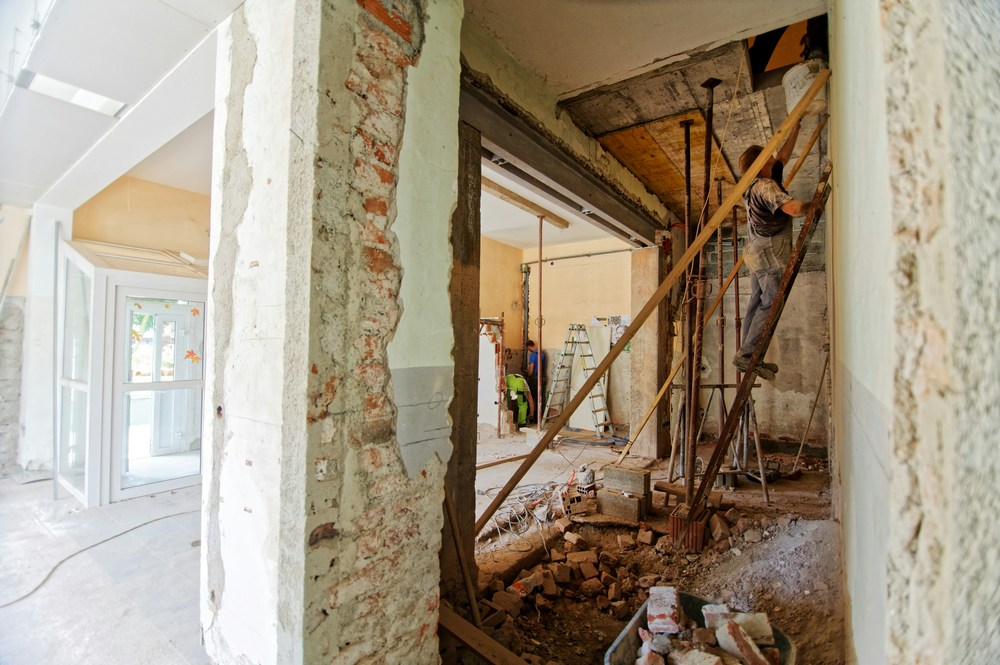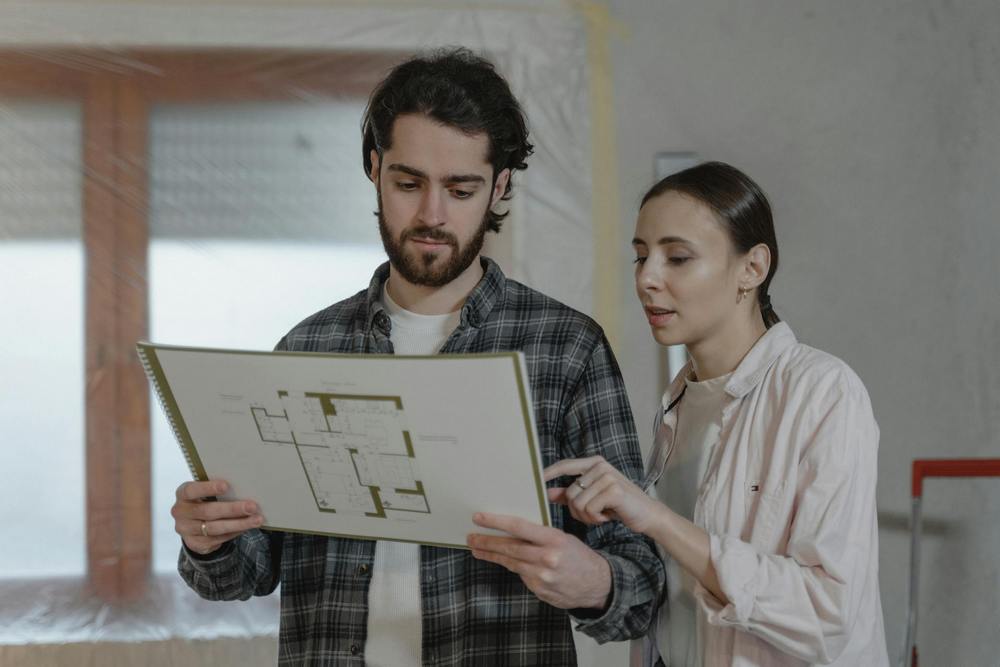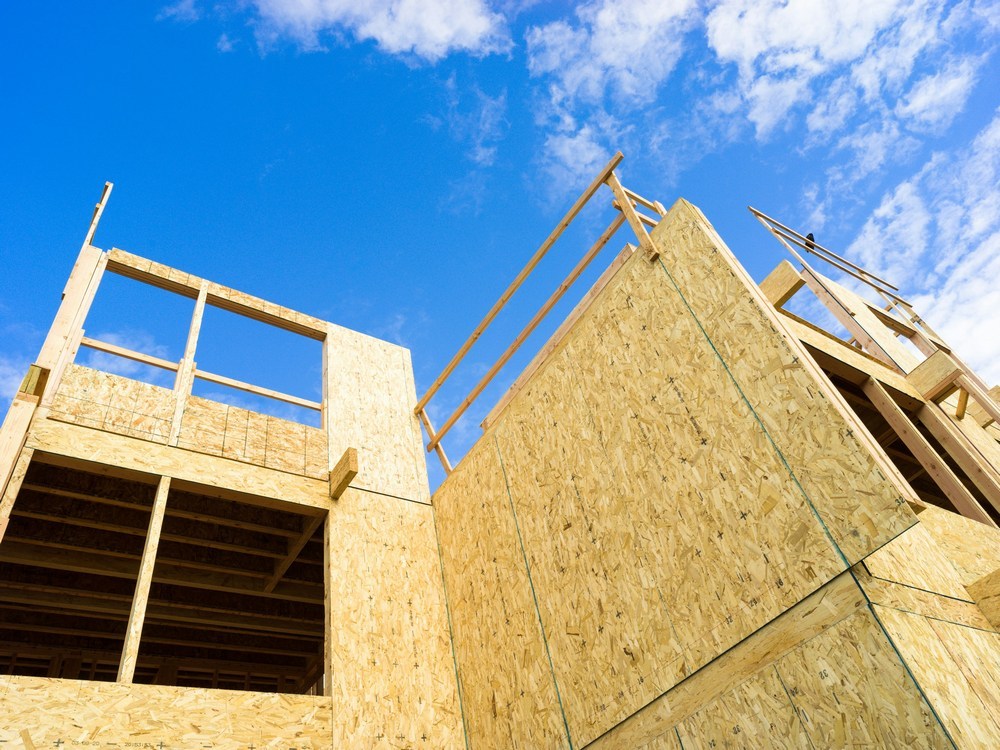Last Updated on November 20, 2025 by teamobn

Your home may no longer provide enough space for you after your family grows or when you may need change. One of the ways you can offer more space In your house is by getting a home addition.
Contents
From Idea to Reality: 6 Steps to Plan Your Home Addition
A home addition can be a rewarding investment, transforming your living space and enhancing your quality of life. However, it’s a complex process that requires careful planning and execution. This article will guide you through the essential five steps in a home addition project.
Before diving into the detailed steps of your home addition project, it’s helpful to explore a range of comprehensive home improvement ideas that can inspire and guide your plans. For a broader perspective on enhancing your living space and increasing your home’s value, check out this collection of comprehensive home improvement ideas.
Determine the Project Benefits
While home additions can significantly enhance your living space, it is essential to weigh the potential benefits against the associated costs and challenges. The biggest drawback of a home addition is the significant investment required. Depending on size, complexity, and local labor rates, costs can vary dramatically. The cost may even be more than the original price you purchased the home for.
Home additions can also take a long time. Construction can interfere with your daily life. You may need to move in or move out temporarily or maybe share living space with construction crews. Before starting a home addition, you need to consider your motivation. Knowing what you want to achieve will help you decide how to invest in your home most beneficially.
Create a Plan
Before you begin adding to your home, consider planning to decide on goals and address any concrete needs or issues you want to overcome. Do you want to create a space for entertaining guests or start from scratch and build a new primary bedroom and bathroom on the ground floor?
Here are some home addition types you can consider to add more space to your house:
- Bedroom addition: It can be a new bedroom for a growing family or a space for guests. Consider factors like size, layout, and storage needs when planning a bedroom addition.
- Bathroom addition: A bathroom can increase your home’s convenience and value. A great bathroom, whether it’s a full bathroom with a tub and shower or a half bath, can make every day more pleasant.
- Kitchen addition: A bigger kitchen is excellent for cooking and entertaining. Add it to your kitchen for more counter space, cabinets, or oversized islands.
- Family room addition: A family room serves two primary purposes: relaxation and entertainment.
If your budget is large, you can also consider a second-story addition. This can dramatically increase your home’s square footage. You can add a bedroom, a bathroom, a home office, or a bonus room to suit your family’s needs. However, when considering a second-story addition, think of the structural integrity of your home and the local building codes.
You can also turn your unfinished basement into a living room. You can design it with a fireplace, built-in shelves for books, and a home theater, among others. When finishing your basement, consider factors such as moisture control, insulation, and ventilation.
If you have a large yard or backyard that you haven’t utilized, you can add a sunroom. A sunroom is a great way to blend your house seamlessly from indoors to out. Sunrooms offer a bright, airy room to unwind, read, or entertain guests. They can be customized more to your liking by fitted with skylights, retractable walls, or a fireplace.
A garage addition is also a great way to add much-needed extra space for parking, storage, or a workshop. When planning a garage addition, consider size, layout, and insulation.

Determine Your Budget
After defining your project scope, you must find an appropriate budget. The cost of home additions can vary greatly depending on parameters such as size, complexity, and materials. Researching similar projects in your area will help you understand the potential expenses. This also includes the availability of materials, especially when supply chains are experiencing disruptions.
With enough money, you can deposit the funds into your improvement project. Getting a loan is a smart thing if you do need just a little additional financial support. Lastly, make sure there is a contingency fund to cover the possibility of overages in construction.
Once you’ve paid enough attention to these things, you will have everything you need to make decisions based on the information and achieve a positive outcome.
Check Your Local Building Laws
Before beginning any kind of home addition project, consider speaking with your local building authority. This is to make sure your plans meet zoning laws and building codes. By taking this proactive step, you can avoid potential issues or delays and the associated costs.
Check if you need any compliance with factors like setbacks from property lines, building height limits, and proximity to utility access points, which are regulated most often locally. Your project may also be subject to zoning laws dictating parking, landscaping, etc.
Knowing these early on gives you an idea of how feasible the home addition is and what it could ultimately cost. In addition, getting the necessary permits will help your project comply with local standards and save you from legal issues.
Contact Contractors
To make a successful addition to your home, you need a reliable and experienced team. When choosing a contractor, look for one with experience doing home additions. Find out the names of potential candidates through friends, family, or online reading reviews on their work.
Experience and reputation are good, but consider how well the contractor will work with you and how they communicate with you. The relationship between working can significantly assist the success of the project.
When you have narrowed down the contractors, request bids from a couple of contractors. Any of these bids should contain all the details, including cost estimates, project timelines, and feasibility assessments. If a specific bid exceeds your budget, reconsider your plans or seek alternatives.
However, if you come across a contractor making the most sense for you and are willing to put forth a reasonable bid, you’re ready to go as far as transforming your dream home addition.

Oversights Consideration
Before you start building your home addition, it’s essential to consider the practical aspects. If the project is large, you may have to move to avoid disrupting your daily life temporarily. When you are planning to add to your home, it’s a good idea to schedule a home inspection before beginning your project.
However, this inspection will also identify any underlying issues that require fixing, such as plumbing or electrical problems. If you address these issues proactively, you can avoid costly delays and project disruptions.
Additionally, communicate with your neighbors if your home addition is likely to impact their property or privacy. This can be done courteously to help create goodwill and ease concerns. Doing these things will help reduce the chance of conflict and ensure a smooth construction process.
Endnote
A home addition is a significant investment, but it can also add a beautiful living space and increase your property value. To start a home addition project, think carefully about your project and budget. Then, hire the right professionals to execute it successfully.
Always consider the local regulations, design types, and future needs. Planning properly ahead of your home addition project with these steps will provide you and your family with your dream home space.






